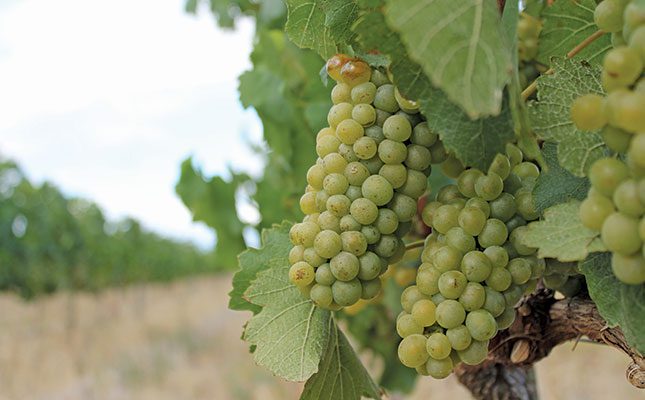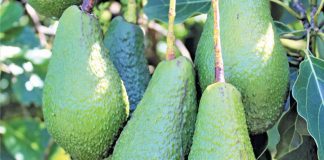
Kalaba told Farmer’s Weekly that the cause for alarm over possible disruptions to South Africa’s trade with the EU and the US was justified, but load-shedding and issues at domestic ports had more far-reaching consequences.
“Power loss due to load-shedding in just one shipment of fruit can spoil the whole load, costing billions of rands. It can wipe out a producer overnight. We’ve seen in the past that delays in getting shipments out, due to strikes or failing equipment, have similar effects,” he said.
Nonetheless, losing market access remained a concern. Kalaba noted that in terms of World Trade Organisation obligations, to which the US and the EU were signatories, it was highly unlikely that South Africa would lose access to those markets completely.
“But it doesn’t mean we’d have a free lunch. Although South Africa would still have access to the US market if we were excluded from the African Growth and Opportunity Act [AGOA], products would face far bigger trade barriers and potentially higher tariffs, making our products less attractive.”
Regarding the status of South Africa’s overall trade balance, Wandile Sihlobo, chief economist at Agbiz, stated that the country’s agricultural exports fell by 2% year-on-year in the first quarter of 2023 to US$2,9 billion (about R55 billion).
“However, when viewed quarterly, the exports are up 5% from the last quarter of 2022. South Africa recorded an agricultural trade surplus of US$1,2 billion (R23 billion) in the first quarter of 2023, up 9% from last year’s corresponding period. The widening trade surplus is mainly a result of a notable decline in import value, not necessarily a growth in exports,” he said.
South Africa’s top exportable products included grapes, maize, apples and pears, wine, wool, apricots and peaches, sugar, fruit juices and soya bean.
Sihlobo noted that South Africa had had one of the best agricultural seasons from a production perspective. “Maize, soya bean and sugar all increased their output, and other field crops and fruits show prospects for decent harvests this season.”
He said that Africa had remained the largest market for South Africa’s agricultural exports in the first quarter of this year, accounting for 39% in value terms. The EU had been the second-largest market, accounting for 23% of all agricultural exports. Asia and the Middle East combined had accounted for 21%, the Americas 8% and the UK 7%.
Kalaba said the Middle East and African markets were a saving grace for South Africa. “Together with Asia, these three markets have the potential to absorb any trade lost with the EU and the US, but trade protocols are different and in many cases still need to be negotiated.
“The fact that there are such high-level discussions [regarding the EU and AGOA agreements] should be a wake-up call that South Africa needs to invest in securing other markets.”
Sihlobo said that agriculture and agribusiness role players had identified the countries where government should prioritise the sector’s export expansion, and listed China, South Korea, Japan, the US, Vietnam, Taiwan, India, Saudi Arabia, Mexico, the Philippines and Bangladesh as potential markets.












